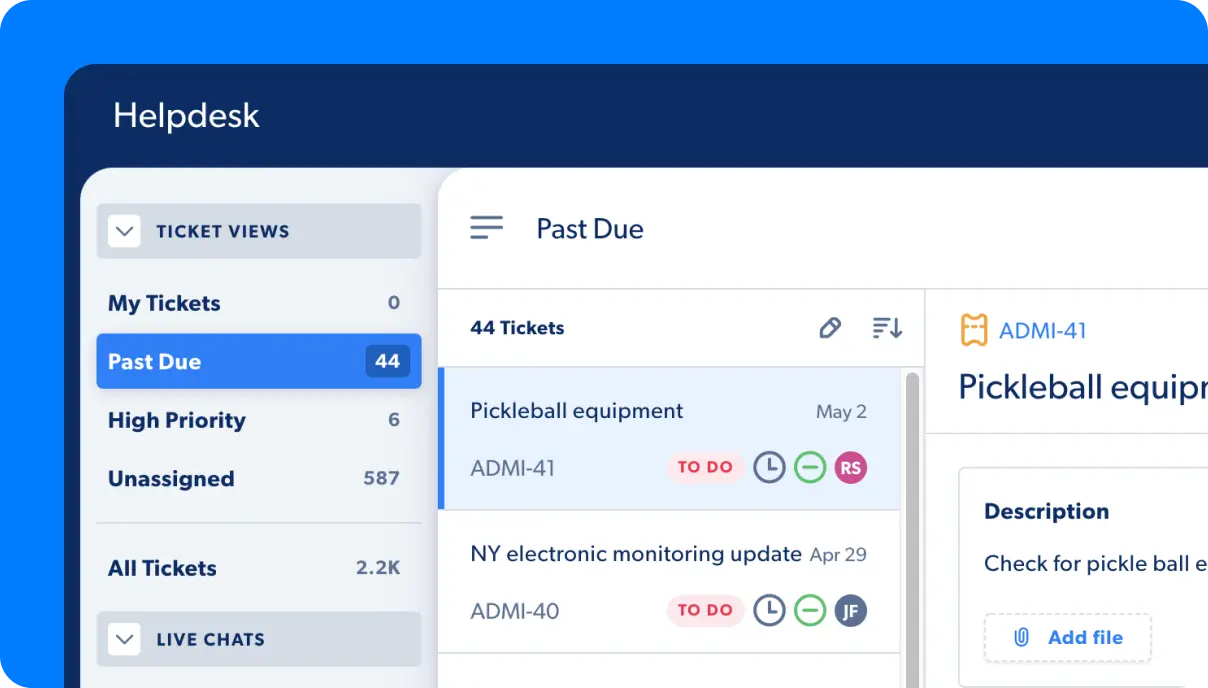The term cloud storage refers to a computing model that stores data on the internet through a cloud computing services provider. That allows you to save data in an off-site location, and you can access the information through a dedicated private network connection or the public internet.
A third-party cloud services provider is responsible for the information you transfer off-site for storage purposes since they host, secure, manage, and maintain all the necessary hardware while ensuring that your data remains accessible at all times. That implies that cloud services delivery is on-demand, and it comes with just-in-time capacity and costs.
As such, cloud storage eliminates the need to invest and manage an in-house data center, which gives you the agility you need to grow your operations.
How Does Cloud Storage Work?
As is the case of on-premise storage networks, cloud storage relies on servers to save data. The only difference is that the servers where you send your information for storage are in an off-site location. The implication, in this case, is that the servers you use for cloud storage are virtual machines, and a physical server acts as the host.
Since your storage needs will most likely grow over time, your cloud services provider goes on to create new virtual machines depending on your storage needs. You can use mobile apps, a dedicated private connection or the internet, a website, a web portal, or other secure apps to connect to a storage cloud.
Once you connect to the server, it forwards your data to a pool of servers in one or more data centers in line with the size of your cloud services provider’s operations. Additionally, cloud services vendors store your data on multiple machines for redundancy to ensure that your data remains accessible should a particular server suffer an outage or while they take it down for maintenance.
A reliable cloud storage service should encrypt files and require users to enter a password to access the information. Two-factor authentication is another approach that protects cloud storage accounts from unauthorized access. Anyone wanting to view the files in cloud storage should enter the code they receive on their phone upon the login request, and that goes beyond knowing the password.
Types of Cloud Storage
The three main cloud-based storage access models are:
1. Public Cloud
The public cloud storage model allows you to connect to a storage cloud over the internet. A cloud storage services provider manages the platform, and other firms use it, which means that the public cloud is a multi-tenant storage environment. A public cloud is an ideal option for unstructured data on a subscription basis.
Your data remains in your cloud storage services provider’s data center, and the data storage is spread across different regions or continents. Payment for public cloud storage services is on a per-use basis, as is the case of the utility payment model. Also, transaction charges are applicable most of the time, depending on the frequency and volume of data you access.
You can access public cloud storage services using various devices, including desktops and smartphones, and you can scale up or down depending on your business requirements.
2. Private Cloud
Although private cloud storage setups replicate the cloud model, they rely on the in-house storage resources you deploy as a dedicated environment with protection behind your firm’s firewall. You can manage your on-premise private cloud storage or engage a cloud storage services provider to build dedicated private cloud storage accessible through a private connection.
Users who prioritize customization and more control over their data or those with strict data security or regulatory requirements will find private cloud storage to be a worthwhile investment. This includes establishments like banks and retail entities that process and store sensitive information.
3. Hybrid Cloud
Combining the elements of public and private cloud storage results in the hybrid option, which allows entrepreneurs to choose the cloud service they should use for storing particular information. For instance, you can store structured and actively used data in an on-premise or private cloud and use the public cloud for unstructured and archival data.
Handling unexpected or seasonal spikes in data creation is not a problem when you opt for hybrid cloud storage services. It also means that investing in additional in-house storage resources will not be necessary in this case.
Benefits of Cloud Storage
There are distinct advantages of investing in cloud storage as per the details below.
It Is User-Friendly
Users can access and use cloud storage services without difficulties. As such, end-users, developers, and software testers can get up and running within a short time without waiting for an IT expert to allocate and configure storage resources for them.
You Only Pay for What You Use
Incurring high capital expenses becomes a thing of the past when you invest in cloud storage since you will only need to pay for the storage you use after a specific period. Indeed, cloud storage costs may be a recurring expense rather than a one-time purchase. But even so, they are cheaper as an ongoing expense than what you might expect to pay for maintenance of an in-house system.
It Promotes Security
You can move copies of data to a remote location for backup and security purposes when using public cloud storage services. That will ultimately provide savings, too, which is not the case when you invest in a personal remote storage facility.
Authorized Users Have Increased Accessibility
You can access cloud storage using any system, from anywhere and at any time. So, you do not have to worry about complex allocation processes or the capability of an operating system, thanks to the increased accessibility of cloud storage services.
Choosing the Ideal Cloud Storage Services Provider
There are several cloud storage services providers out there that appear to be the real deal, which makes it difficult to identify the right one. Here are some of the factors worth considering when selecting a cloud storage services vendor.
Bandwidth
You cannot afford to overlook the idea of bandwidth limitations if you are a heavy user of cloud storage services. Some cloud storage services limit the amount of data that flows in and out of your account daily or monthly. In that case, you need to ensure that your bandwidth cap is not prohibitive if you expect friends, customers, family, or employees to download large videos or multiple files throughout the month.
Security
Encryption of the data you move to cloud storage is a necessity if you want to maintain privacy. So, if opening your files to see all the backed-up data is a priority, you need to opt for a cloud storage service that features “zero-knowledge encryption.”
Reliability
Cloud storage offers a lot of advantages, but reliability is something to dive into when searching for a cloud storage partner. It is important to understand how dependable they have been previously in regards to downtime for customers and how data is being backed up.
Compatibility
Ensure the cloud storage services vendor you choose accepts the type of files you want to store online. Also, check that they have provisions for you to access your cloud data from your mobile devices.
Features
The features a potential cloud storage service offers will guide you in identifying the right provider of such services. To start, research online to find out what a particular cloud storage services vendor offers because it will help you make an informed decision.
Final Thoughts About Cloud Storage
Data is a valuable asset for companies, and protecting the data should be a priority. On the other hand, storing vast volumes of data within your organization may not be practical because of its cost implications. Cloud storage offers a secure, cost-effective, and reliable way of storing and accessing your information whenever you need it.







































